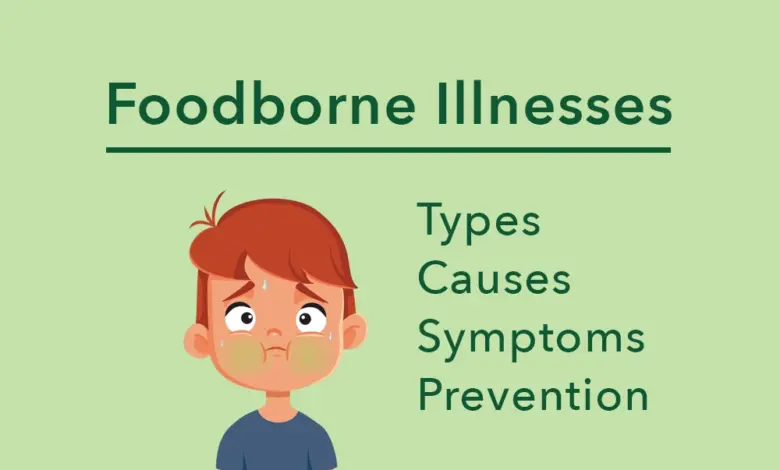Understanding Listeriosis: Causes and Symptoms of This Foodborne Illness

Listeriosis, caused by the bacterium Listeria monocytogenes, is a serious foodborne illness that can lead to severe complications, particularly among vulnerable populations such as pregnant women, newborns, the elderly, and individuals with weakened immune systems. Understanding the causes and symptoms of listeriosis is essential for early diagnosis, treatment, and prevention of this potentially life-threatening infection. In this article, we delve into the intricacies of listeriosis, shedding light on its causes, symptoms, and risk factors.
Causes of Listeriosis:
Listeria monocytogenes, the bacterium responsible for listeriosis, is commonly found in soil, water, and various food products, including raw and unpasteurized dairy products, deli meats, hot dogs, soft cheeses, and smoked seafood. Listeria can survive and grow in environments with low temperatures, making refrigerated and ready-to-eat foods susceptible to contamination. Listeriosis typically occurs when contaminated food is consumed, allowing the bacteria to enter the body and cause infection.
Symptoms of Listeriosis:
The symptoms of listeriosis can vary depending on the severity of the infection and the individual’s immune status. In healthy individuals, listeriosis may present as mild flu-like symptoms, including fever, muscle aches, nausea, vomiting, and diarrhea. However, in certain populations, particularly pregnant women, listeriosis can lead to more severe complications, such as miscarriage, stillbirth, premature delivery, or life-threatening infections in newborns. In individuals with weakened immune systems, listeriosis can cause septicemia (blood infection), meningitis (inflammation of the membranes surrounding the brain and spinal cord), or other serious complications.
Risk Factors for Listeriosis:
Several factors increase the risk of contracting listeriosis or experiencing severe complications from the infection. These risk factors include:
- Pregnancy: Pregnant women are approximately 20 times more likely to develop listeriosis compared to the general population, as the immune changes that occur during pregnancy can make them more susceptible to infection. Listeriosis during pregnancy can lead to miscarriage, stillbirth, or severe illness in newborns.
- Advanced Age: Adults aged 65 and older are at increased risk of listeriosis due to age-related changes in the immune system and underlying health conditions that may weaken immune function.
- Weakened Immune System: Individuals with weakened immune systems, such as those with HIV/AIDS, cancer, diabetes, or organ transplant recipients, are at higher risk of developing severe listeriosis and experiencing complications such as septicemia or meningitis.
- Certain Medical Treatments: Certain medical treatments, such as chemotherapy or corticosteroid therapy, can weaken the immune system and increase susceptibility to listeriosis.
Prevention of Listeriosis:
Preventing listeriosis involves adopting safe food handling practices and minimizing exposure to contaminated foods. Some key preventive measures include:
- Cooking meats thoroughly: Cook all meats, poultry, and seafood to their recommended internal temperatures to kill harmful bacteria, including Listeria monocytogenes.
- Avoiding unpasteurized dairy products: Avoid consuming unpasteurized milk, cheese, and other dairy products, as they may harbor Listeria bacteria.
- Refrigerating perishable foods promptly: Refrigerate or freeze perishable foods promptly to prevent the growth of Listeria bacteria.
- Practicing good hygiene: Wash hands, utensils, and surfaces thoroughly with soap and water before and after handling food, especially raw meats and vegetables.
Conclusion:
Listeriosis is a serious foodborne illness that can lead to severe complications, particularly among vulnerable populations. Understanding the causes, symptoms, and risk factors of listeriosis is essential for early detection and prevention of this infection. By adopting safe food handling practices and minimizing exposure to contaminated foods, individuals can reduce their risk of listeriosis and protect their health and well-being.



